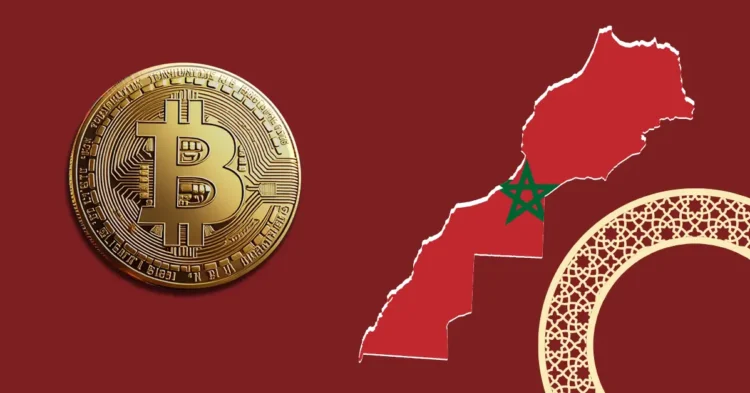As the popularity of cryptocurrencies continues to surge across the globe, governments are racing to establish regulatory frameworks that manage these digital assets effectively. The primary objectives are to safeguard users, prevent illicit activities, and maintain financial stability, all while fostering technological innovation. Among the latest countries to embark on this regulatory journey is Morocco. Recent announcements show that India, too, plans to introduce crypto regulations by 2025, following the G20’s strategic direction.
Morocco’s Strategic Plan to Regulate Cryptocurrency
Despite a ban on cryptocurrencies since 2017, Morocco has witnessed substantial crypto usage, prompting the government to finalize its inaugural set of cryptocurrency regulations. Abdellatif Jouahri, the governor of Morocco’s central bank, Bank Al-Maghrib (BAM), has revealed that the framework is nearing completion and is crafted to be crypto-friendly. The objective is to regulate crypto assets without stifling the innovative potential they hold.
This comprehensive framework has been developed with the assistance of the World Bank and the International Monetary Fund (IMF). Jouahri emphasized, “We aim to regulate crypto without dampening its potential, ensuring smooth adoption and reducing uncertainty.” This regulatory drive gained momentum after Bitcoin’s significant price milestones, instilling market optimism despite recent fluctuations.
The proposed regulations will undergo public consultations before being presented to Morocco’s parliament and cabinet for final approval. Upon enactment, Morocco would stand among the pioneering developing nations with clear and structured crypto regulations, potentially setting a precedent for others to emulate.
The Timing: Why Regulate Now?
The rapid growth in cryptocurrency adoption in Morocco underscores the urgency of regulatory intervention. In 2023, Morocco was ranked 20th worldwide for crypto usage according to Chainalysis, and 13th specifically for Bitcoin adoption in separate research. However, the absence of clear regulatory guidelines has contributed to user confusion and potential risks.
By introducing these regulations, Morocco aims to address the challenges inherent in digital finance, while simultaneously creating an environment conducive to innovation and investment. This strategic move could position Morocco as a leader in cryptocurrency regulation among developing countries, offering a model that others might follow.
The global landscape of cryptocurrency is evolving rapidly, and countries like Morocco are taking proactive steps to ensure that they are not left behind. By embracing a regulatory framework that balances protection with innovation, Morocco is not just safeguarding its financial systems but is also paving the way for a new era of digital finance.











